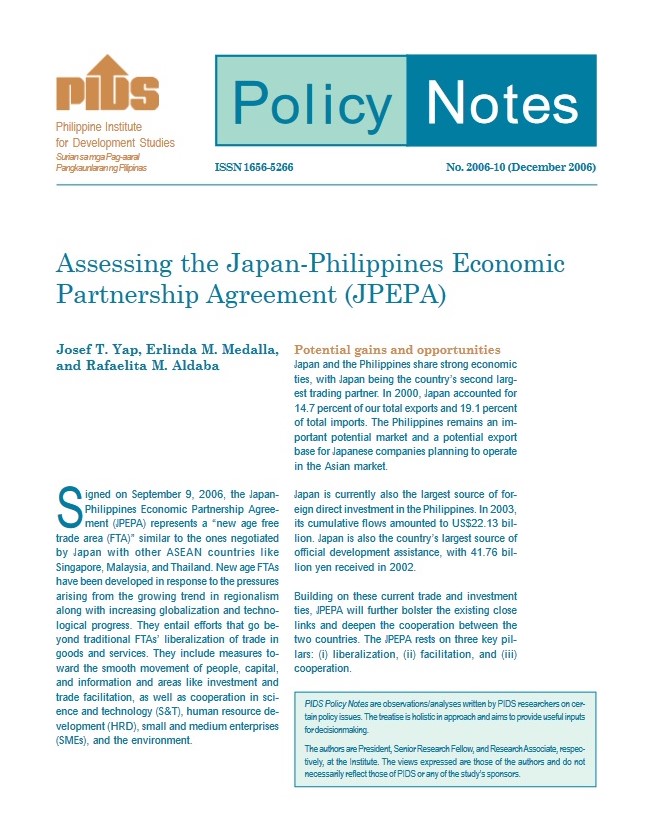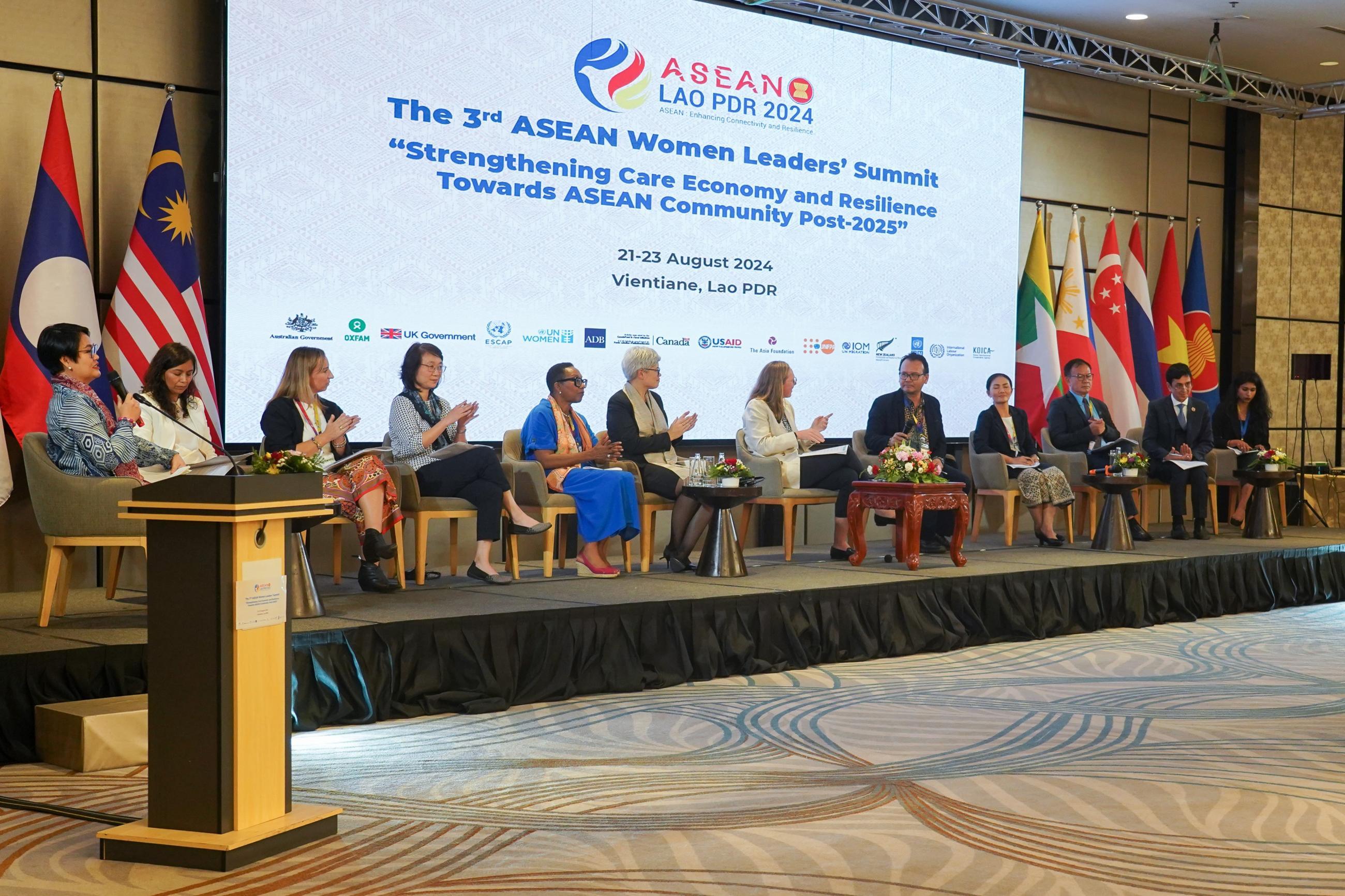The intricate web of bureaucracy that fuels economic policy often remains hidden from public view, yet its architects hold the key to prosperity or despair for millions. Recent discussions on state capacity have largely overlooked the critical role of officials behind the scenes, instead focusing on high-profile leaders. This glaring omission raises urgent questions: who are the real power brokers shaping economic development, and how do their decisions impact the lives of everyday citizens?
Unmasking the Bureaucratic Elite
In the shadow of celebrated developmental states like Japan and South Korea, the officials tasked with executing economic strategies rarely receive the recognition they deserve. As reported by The Diplomat, this bureaucratic cadre has been pivotal in orchestrating the so-called "East Asian miracle". Yet, their anonymity shields them from accountability, allowing policies that perpetuate inequality to flourish unchecked.
The Consequences of Bureaucratic Overlook
The lack of transparency around these officials and their decision-making processes contributes to systemic inequities. When policies are crafted without the input of marginalized voices, the rich get richer while the underprivileged remain trapped in cycles of poverty. For instance, in Taiwan, the National Development Council has initiated investment programs totaling trillions of NT dollars aimed at boosting talent competitiveness. However, without a clear focus on equitable labor practices, these initiatives risk widening the income gap even further.
\n\n
PIDS - Philippine Institute for Development Studies
Policy Decisions and Their Real-World Impact
Every policy decision is made by a person, or a group of people, who weigh trade-offs and manage competing interests. Yet, as seen in the historical analysis of industrial policies, the narratives often ignore the faces behind the decisions. The bureaucratic culture often prioritizes economic growth over social equity, as evidenced by the struggles of the working class against exploitative labor practices. As reported by recent research, the decisions made by these officials can either uplift communities or deepen societal divides.
Economic Policies Favoring the Few
The economic strategies implemented by bureaucratic elites often reflect their biases and interests. For instance, the push for foreign investment under the guise of economic growth can lead to job losses for local communities and the erosion of workers’ rights. Policies targeting foreign professionals, as highlighted by the National Development Council, may inadvertently favor affluent expatriates over local talent, exacerbating existing inequalities.
\n\n
ASEAN endorses new declaration on care economy and resilience ...
Time for Accountability and Equity
To rectify these dire imbalances, transparency and accountability must be prioritized within state structures. Public engagement in policy formulation can empower marginalized communities and ensure that economic development strategies are inclusive. As society grapples with rising inequality, the onus falls on policymakers to recognize their role in shaping equitable futures. Without addressing the human element behind economic strategies, we risk perpetuating a system that favors the elite at the expense of the many.







![[Video] Gunfire between Iraqi security forces and Sadr militias in Baghdad](/_next/image?url=%2Fapi%2Fimage%2Fthumbnails%2Fthumbnail-1768343508874-4redb-thumbnail.jpg&w=3840&q=75)
